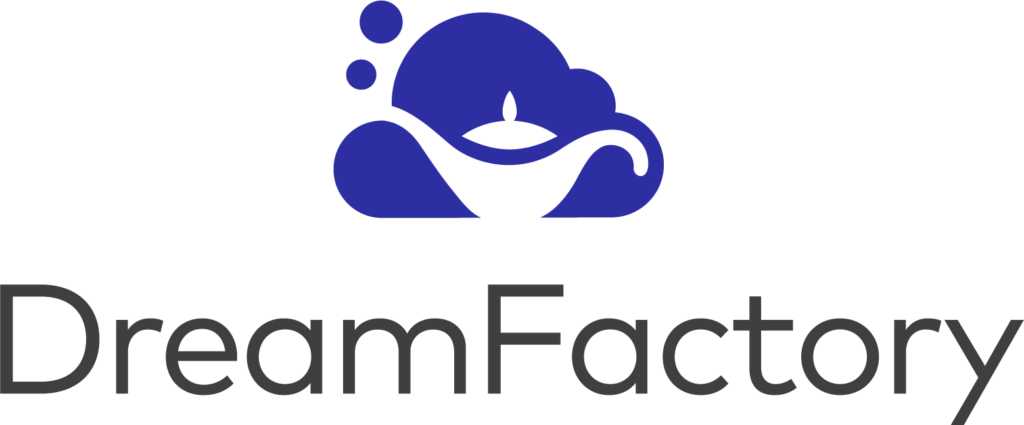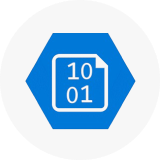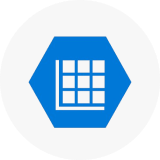
DreamFactory specialises in REST API generation for any number of database types however an underrepresented benefit is the ability to mount and manage any third party API via a HTTP service connector. This gives you the ability to generate documentation and secure an existing API as if it were created natively within DreamFactory. This opens up a whole new world of possibilities in terms of creating sophisticated API-driven applications, because once mounted you can create powerful workflows involving multiple APIs.
Introduction
This article will highlight how easy it is to mount an existing WordPress API within DreamFactory. Wordpress is is the incredibly popular blogging and website content management system. WordPress has many features including a plugin architecture and a template system. Themes allow users to change the appearance of their site, and templates allow users to change the functionality and structure of their site. It's designed for everyone from pro web designers to people with little experience.
Connecting the WordPress API
Connecting a remote HTTP API to DreamFactory is easily accomplished in a few short steps. As with all DreamFactory services, you’ll begin by logging into your DreamFactory instance, selecting the Services tab, and clicking the Create link located in the left-hand menu bar. From there you’ll choose the HTTP Service connector located within the Remote Service category:

It is worth noting at this juncture that this process is standardised for any type of service you see in the above drop down speaking to the versatility and ease of use of the DreamFactory platform. Furthermore, thanks to the DreamFactory system APIs this process can be done entirely programmatically via an externally configured console.
From here the user will assign a name, label and a description to identify the service once it is created. The name will play a role as the namespace for the generated API URI structure and is restricted to alphanumeric characters only. The label and description are used as referential information and can be assigned anything you please. So it is at this stage we will name our service WordPress API.
Configure the WordPress API
We are then able to configure the remote service via the DreamFactory Config Overview:

Here we will retrieve the remote APIs URL from the WordPress API documentation. It is then as simple as adding your unique API key into the Parameters section and defining whether you require caching and what verbs you want to enable by default (GET, PUSH etc)
Upon clicking save you have just created a remote service that now allows you to interact with that REST API as if it were a natively created API in the DreamFactory platform. That means you now have full OpenAPI documentation for 39 endpoints and the ability to integrate with additional security tools such as Active Directory, Okta or any number of DreamFactory authentication connectors.
Integrate WordPress With Other APIs
Of course as with all DreamFactory REST APIs you will have to secure your WordPress API with minimum role based access controls before it can be made public. You can also add headers, add service definitions and script some powerful automated workflows with the DreamFactory scripting engine.
In a few short minutes you can have your WordPress API ready to integrate alongside any number of other Enterprise applications, data sources or network APIs. DreamFactory allows you to create, mount and manage any number of third party REST APIs with ease under a unified admin dashboard. Talk to the team today to learn more about how DreamFactory accelerates application development and decreases developer time and cost.
About DreamFactory
Want to know more about how we can help you mount and manage any number of third party APIs? DreamFactory is an API generation platform that can help your business secure data and get information into the hands of those that need it the most.
Ready to get started? You can build an API in minutes with your existing database or take a test drive with our sample data. Sign up for a 14-day free trial and start creating your APIs today.
As a seasoned content moderator with a keen eye for detail and a passion for upholding the highest standards of quality and integrity in all of their work, Spencer Nguyen brings a professional yet empathetic approach to every task.
























 Blog
Blog
